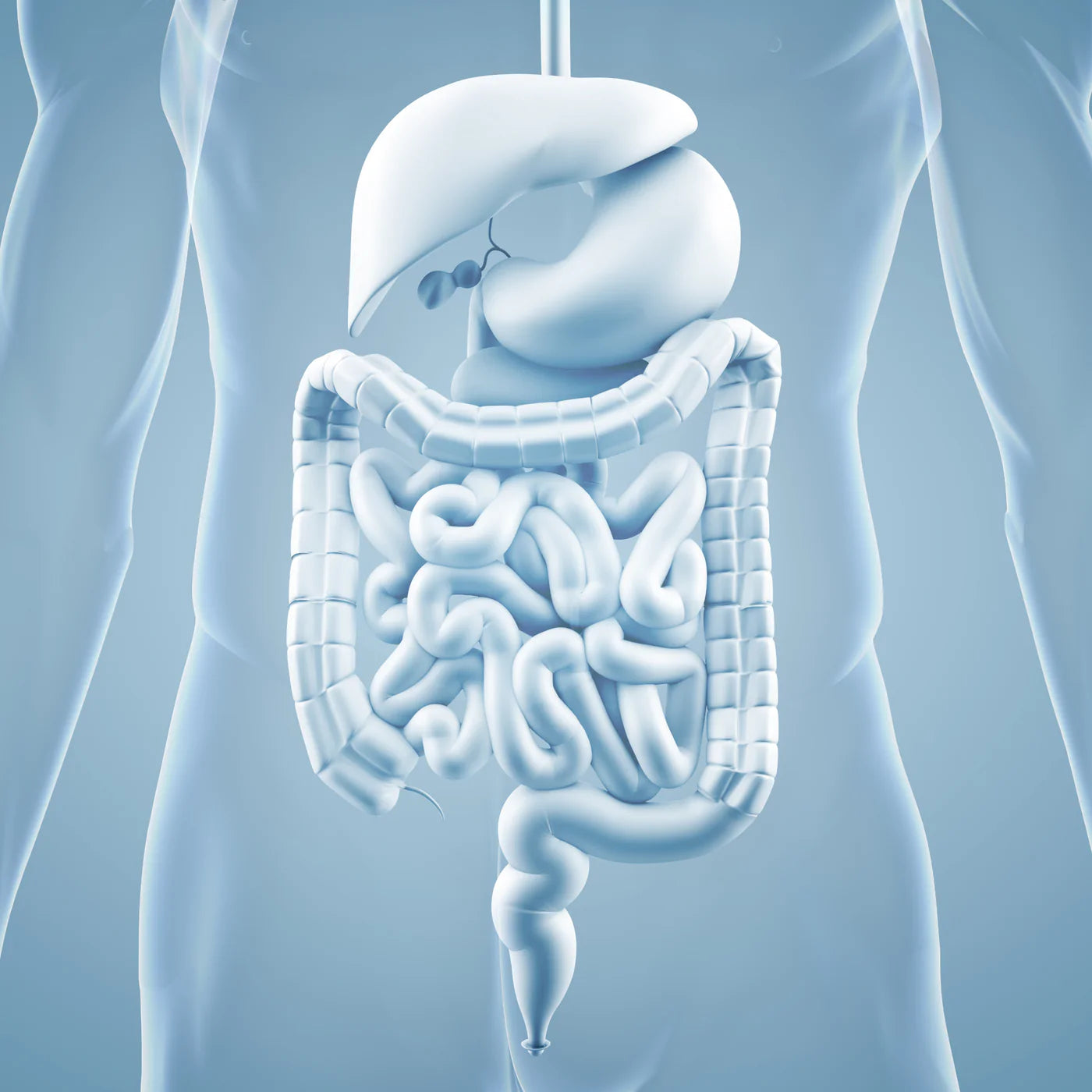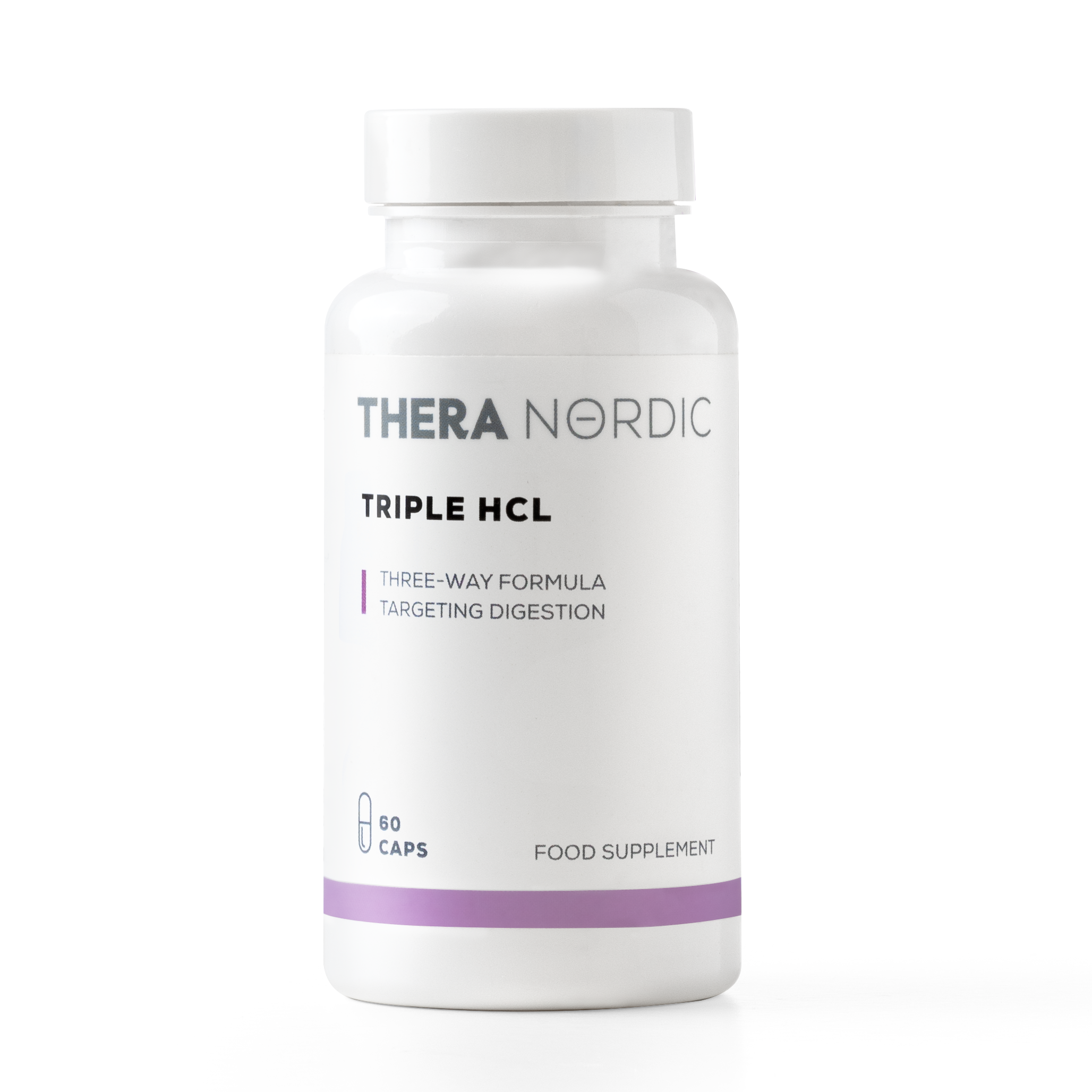Heartburn and indigestion are two prevalent gastrointestinal issues that often get mixed up due to their similar symptoms. Understanding the differences between these conditions is crucial for proper management and relief. In this article, we will explore the disparities between heartburn and indigestion.
Differentiating Heartburn from Indigestion
Heartburn and indigestion are distinct digestive problems, although they share common triggers and symptoms. Indigestion, also known as dyspepsia, is characterised by a feeling of discomfort and pain in the upper abdomen, often accompanied by bloating and a sense of fullness. It can result from overeating, eating too quickly, or consuming fatty or spicy foods. On the other hand, heartburn is a burning sensation that occurs in the chest, usually behind the breastbone or in the upper abdomen. It arises when stomach acid flows back into the esophagus, causing irritation and discomfort. Heartburn can be a symptom of indigestion, but it is not the same condition.
Causes of Heartburn and Indigestion
Understanding the causes of heartburn and indigestion can help in managing and preventing these conditions. Both can be triggered by factors such as smoking, excessive alcohol consumption, and a stressful lifestyle. However, there are some distinct causes as well. For instance, heartburn is primarily caused by the reflux of stomach acid into the esophagus, often due to a weakened lower esophageal sphincter (LES). In contrast, indigestion can result from a variety of factors, including overeating, gastritis, stomach ulcers, or certain medications.
Symptoms and Diagnosis
While heartburn typically presents with a burning sensation in the chest, indigestion can manifest as a range of symptoms, including abdominal discomfort, bloating, nausea, and even belching. Diagnosing heartburn often involves assessing the frequency and severity of symptoms, whereas indigestion may require further investigations such as endoscopy to rule out underlying conditions like gastritis or ulcers. It's essential to consult a healthcare professional for an accurate diagnosis and appropriate treatment.
Treatment and Management
Managing heartburn and indigestion often involves lifestyle changes and medications. For heartburn, over-the-counter antacids can provide temporary relief by neutralising stomach acid. Proton pump inhibitors (PPIs) and H2 blockers are prescription medications that can help reduce acid production and alleviate heartburn symptoms.
However, whilst diluting the stomach acid can provide some short-term relief, this can then cause more serious, longer-term issues. See our article on why strong stomach acid is so important and how to get rid of heartburn without diluting your stomach acid. This is why REZCUE can be so effective at both soothing symptoms and resolving the underlying issues. Triple HCL helps to promote stronger stomach acid which (perhaps counterintuitively!) can also often help with acid reflux and heartburn. This is because you are improving your digestion of food in the first place.
Lifestyle modifications, such as avoiding trigger foods and maintaining a healthy weight, can also be beneficial.
Indigestion management focuses on identifying and addressing the underlying cause. Lifestyle changes, including eating smaller meals, avoiding trigger foods, and reducing stress, can help alleviate symptoms. In some cases, medications like antacids, proton pump inhibitors, or prokinetics may be prescribed to manage indigestion. If indigestion is caused by an underlying condition such as gastritis, treating the root cause becomes essential.
For many people (such as myself!) indigestion can be caused by weak stomach acid, which is why Triple HCL is such a critical supplement for me to provide a boost of natural hydrochloric acid (HCL). And why so many of the over-the-counter heartburn remedies can make my indigestion considerably worse!
Conclusion
Heartburn and indigestion are distinct digestive issues, each with its own set of causes, symptoms, and management strategies. Understanding the differences between these conditions is crucial for proper diagnosis and treatment. While both can be triggered by similar factors, they require unique approaches for effective relief. If you experience persistent or severe symptoms of heartburn or indigestion, it is advisable to consult a healthcare professional for personalised guidance and treatment options.




















